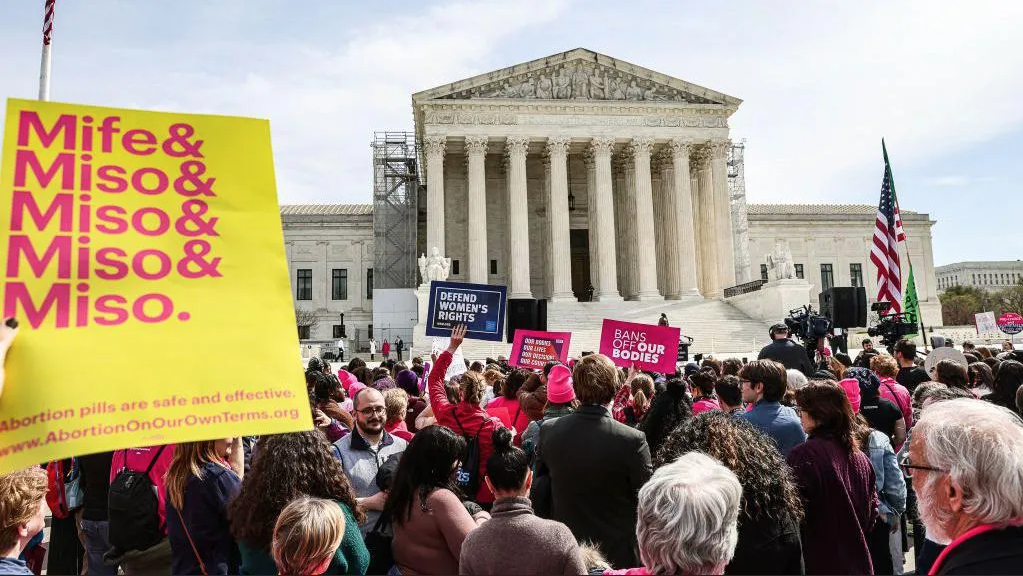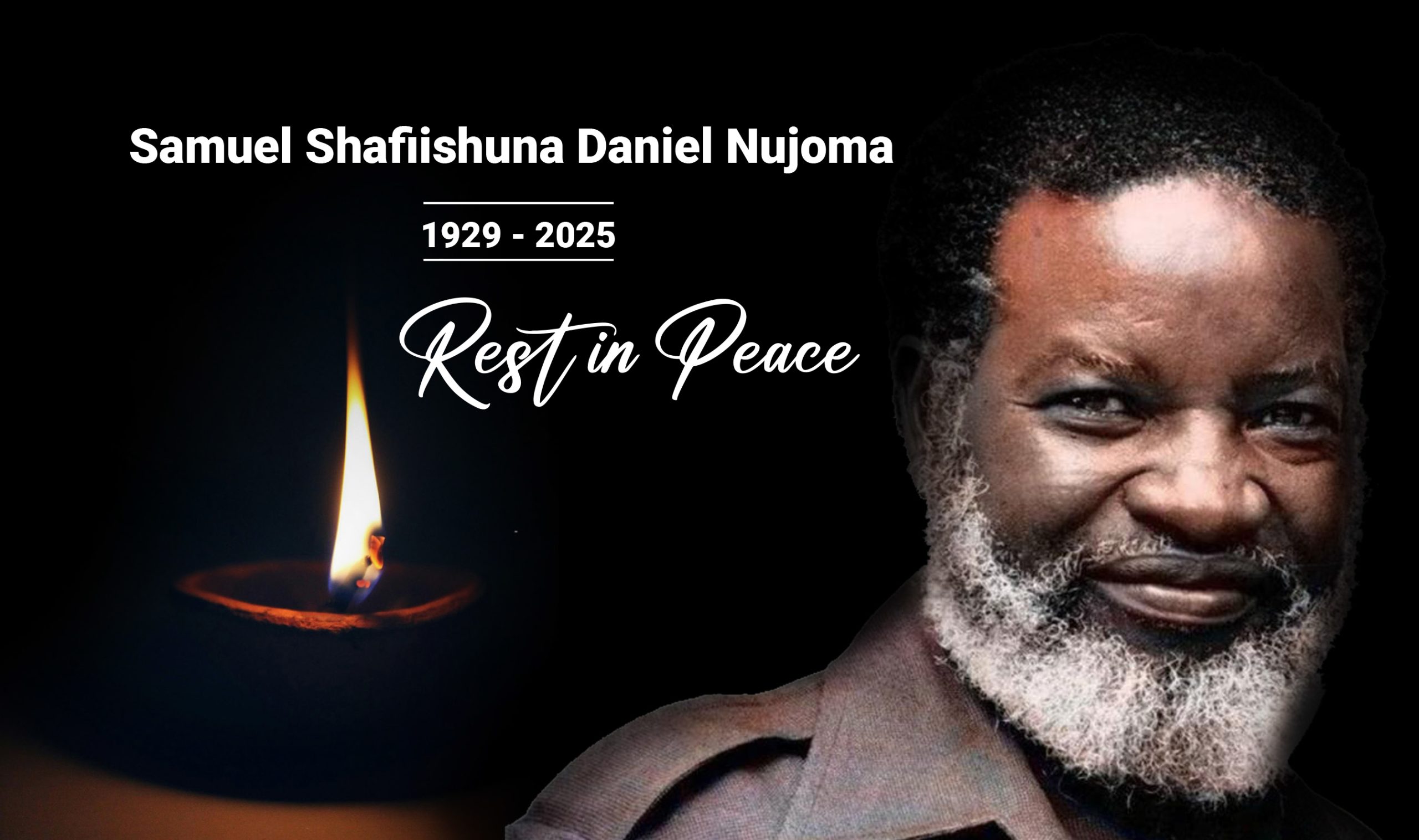The US Supreme Court has unanimously rejected an effort to restrict access to the abortion pill mifepristone.
The decision, which came two years after the court rescinded the nationwide guarantee to an abortion, was welcomed by pro-choice activists.
The justices decided the plaintiffs, a group of anti-abortion doctors and activists, did not have a legal right to sue.
But they left the door open to other attempts to limit the availability of the drug.
Mifepristone is one of two drugs used in a medication abortion, now the most common method of terminating pregnancies in the US.
The plaintiffs, known as the Alliance for Hippocratic Medicine, had argued that approval for the drug from US Food and Drug Administration (FDA) should be withdrawn.
But during arguments on the case in March, several of the court’s nine justices sounded sceptical that any of the plaintiffs had suffered harm from the availability of mifepristone – which is necessary to have the legal standing to sue.
“The plaintiffs have sincere legal, moral, ideological objections to elective abortion and to FDA’s relaxed regulation,” wrote Justice Brett Kavanaugh for the court, “but they failed to demonstrate” any actual injury.
“A plaintiff’s desire to make a drug less available for others does not establish standing to sue,” he also wrote.
The top court overturned Roe v Wade, effectively rescinding a federal right to abortion, in June 2022. Since then, 21 states have moved to restrict abortion earlier in pregnancy than the standard it had set. Seventeen of those have barred the procedure at six weeks or earlier.
Thursday’s ruling has no bearing on these laws – medication abortion remains illegal in states that prohibit abortion. But abortion pills have acted as an effective workaround to the bans, with thousands of pills flowing into restrictive states through the mail.
Pro-choice activists were encouraged that access to abortion pills had been preserved, but warned the Supreme Court’s decision was a qualified victory.
At least three states – Missouri, Kansas and Idaho – have also opposed the FDA’s approval of the drug in court. The Supreme Court’s decision on Thursday does not rule out these future challenges.
“This ruling is not a ‘win’ for abortion, it just maintains the status quo,” said Nancy Northup, president of the pro-choice Center for Reproductive Rights in a statement.
“The attacks on abortion pills will not stop here – the anti-abortion movement sees how critical abortion pills are in this post-Roe world.”
In a statement, President Joe Biden echoed those comments, saying the ruling “does not change the fact that the fight for reproductive freedom continues”.
“The stakes could not be higher for women across America,” he said.
Anti-abortion groups criticised the decision. But these groups, too, indicated the fight would continue.
“It is a sad day for all who value women’s health and unborn children’s lives,” said Katie Daniel, state policy director for Susan B Anthony Pro-Life America. “But the fight to stop dangerous mail-order abortion drugs is not over.”
Abortion is expected to be a leading issue at the ballot box this autumn.
Since Roe v Wade was overturned, it has posed a problem for some Republicans, caught between a base that opposes the abortion, and a general electorate that broadly supports access to the procedure.
Stay informed with The Namibian – your source for credible journalism. Get in-depth reporting and opinions for
only N$85 a month. Invest in journalism, invest in democracy –
Subscribe Now!










